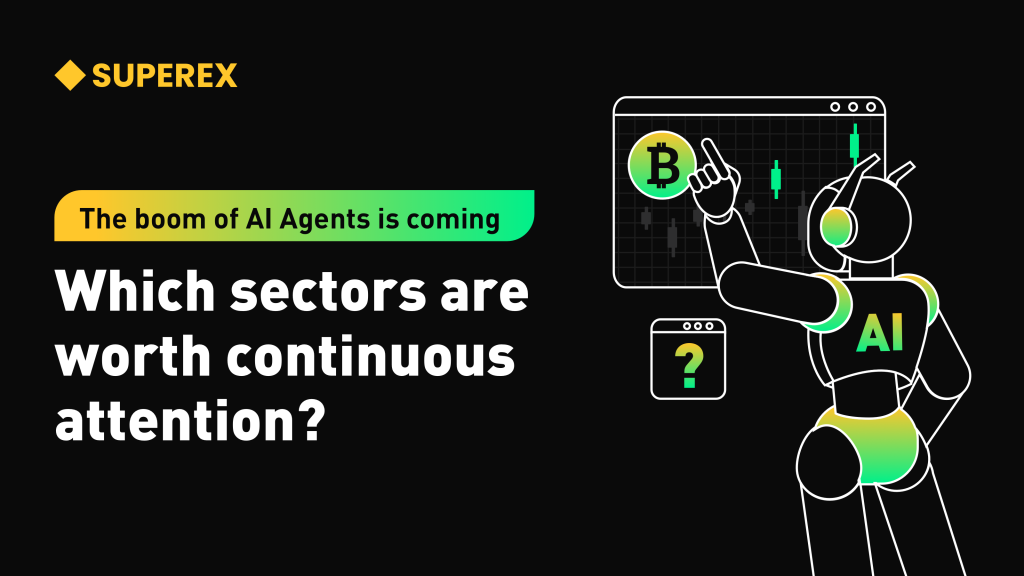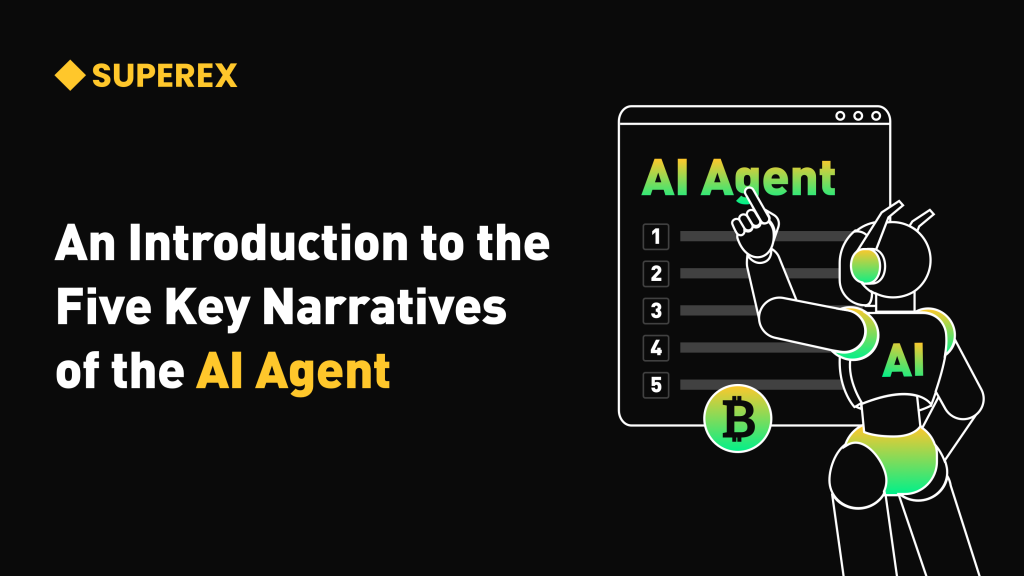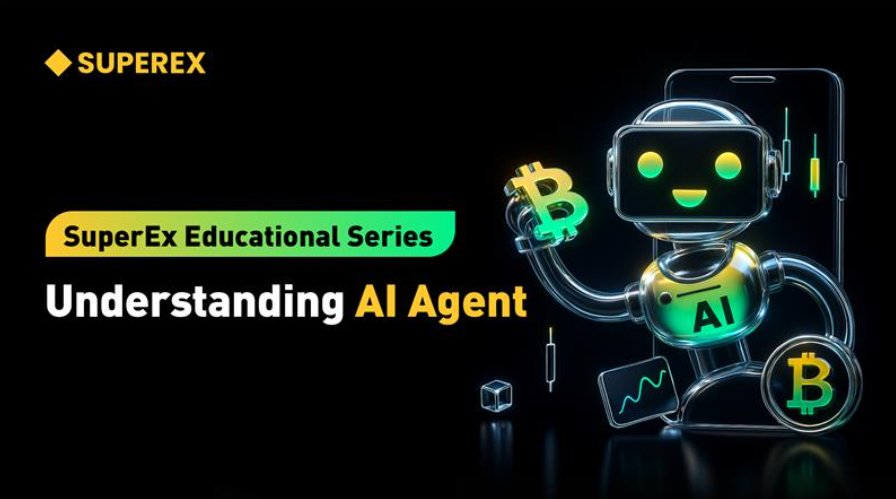SuperEx丨The boom of AI Agents is coming: Which sectors are worth continuous attention?

#SuperEx #AI #AIAgents
The rise of AI Agents is transforming industries at an unprecedented pace. According to a Grand View Research report, the global AI market is projected to achieve a compound annual growth rate (CAGR) of 37.3% from 2023 to 2030, with AI Agents emerging as one of the most promising subsectors. Major players like OpenAI, Google, and Anthropic are driving innovation, making AI Agents indispensable in applications ranging from personal productivity to enterprise solutions. Here are some of the most promising sectors for AI Agent growth.
- Click to register SuperEx
- Click to download the SuperEx APP
- Click to enter SuperEx CMC
- Click to enter SuperEx DAO Academy — Space

One of the most significant applications of AI Agents is in personal assistance, reshaping user experiences with proactive and context-aware capabilities. Statista estimates that by 2025, nearly one billion people will rely on AI-powered personal assistants. Microsoft’s Copilot and Google’s Duet AI have already integrated advanced AI capabilities into their ecosystems, streamlining task management and enhancing productivity. Future developments are poised to focus on healthcare and finance, offering real-time health analytics and personalized financial planning.
In enterprise settings, AI Agents are revolutionizing business operations by boosting efficiency and reducing costs. Intelligent customer support systems, like Salesforce’s Einstein GPT, offer real-time problem-solving, while marketing tools such as HubSpot’s AI features optimize campaign strategies. The next wave of enterprise AI Agents is expected to include comprehensive automation solutions capable of monitoring budgets, managing workflows, and adapting investment strategies based on real-time market fluctuations.
The education and research sectors are also seeing transformative changes thanks to AI Agents. Tools like Semantic Scholar and Khan Academy’s AI-powered tutors personalize learning experiences and accelerate knowledge acquisition. Future advancements could include AI Agents that automate complex research processes and enhance interactive learning through multimodal technologies, making education more accessible and efficient.
Web3 integration presents another exciting avenue for AI Agents, combining decentralized technologies with autonomous capabilities. Platforms like Fetch.ai are already using AI Agents to enable decentralized decision-making within DAOs, while others explore NFT management and market analytics. As Web3 infrastructure matures, AI Agents could become pivotal in managing virtual assets and facilitating seamless interactions in the metaverse.
Multimodal AI Agents, capable of processing text, images, video, and speech, are expanding the boundaries of human-computer interaction. These agents power innovative applications like real-time video generation on platforms such as Runway and cross-lingual communication tools in global collaboration platforms. Future possibilities include transformative applications in medical imaging, virtual reality, and creative industries.
From a market perspective, the economic potential of AI Agents is immense. McKinsey predicts that related technologies will contribute over $15 trillion to the global economy by 2030. Established leaders like OpenAI and Google DeepMind are shaping the ecosystem, while emerging companies like Character.ai and Adept AI are introducing specialized solutions. For investors, focusing on vertical applications in healthcare, education, and open-source ecosystems presents lucrative opportunities.
AI Agents are no longer a futuristic concept but a present reality reshaping industries. Their rapid evolution signals not just technological advancement but a paradigm shift in how people live and work. From streamlining everyday tasks to redefining enterprise strategies, AI Agents hold limitless possibilities. As this boom continues, staying attuned to its developments will unlock transformative opportunities for individuals and organizations alike.







Responses